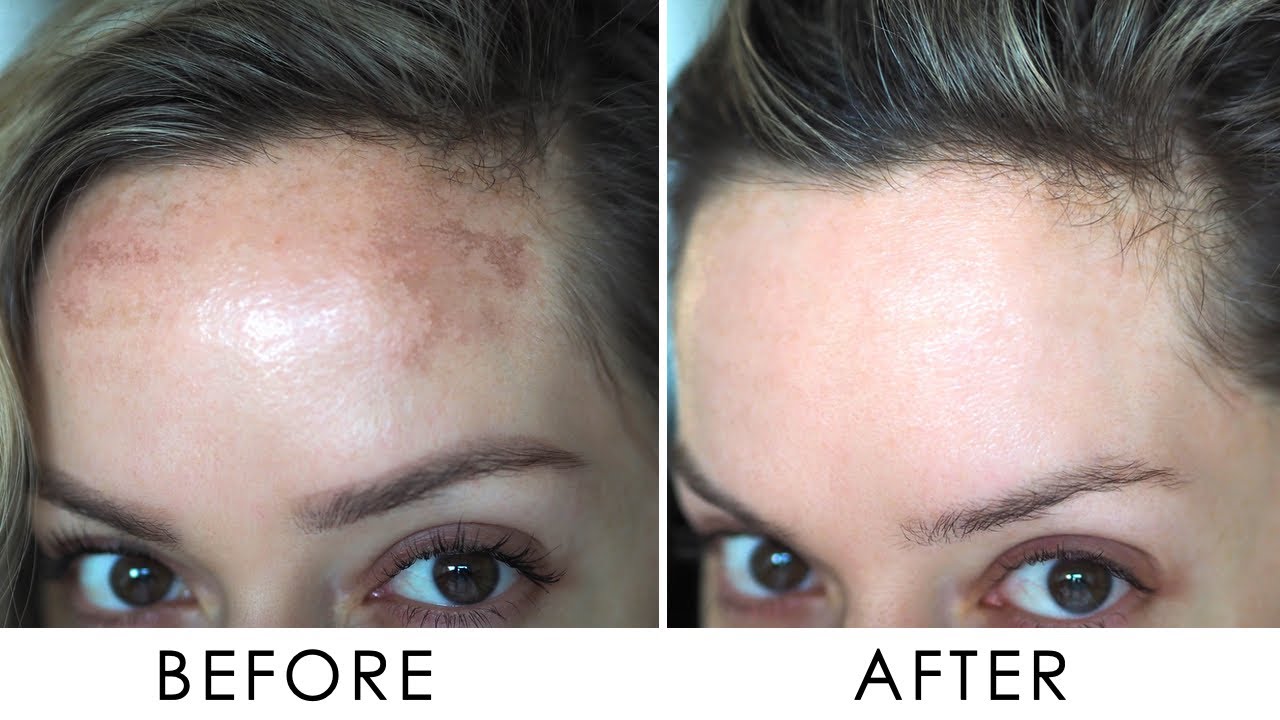Working Time
- Sat-Thu 08:00 - 21:00
Friday OFF
Contact Info
-
Phone: 04 379 8747
050 373 4132
Ask the Experts
Pigmentation/ Skin Discoloration Treatment

Skin Discoloration/Pigmentation:
Skin discoloration or Pigmentation is a common condition that occurs mostly from sun exposure, and leads the skin to become darkened in certain areas or patches. These areas, usually brown, are a collection of pigment called melanin. Melanin is produced by the skin, and absorbs ultraviolet rays to protect the body from the sun. Increased melanin leads to increased discoloration. Anyone can be affected by skin discoloration, but generally lighter-skinned individuals are at greater risk for discoloration and cancer.
Some common forms of skin discoloration include Freckles, Melasma, and Age Spots:
- Freckles: Freckles, medically known as are small brown spots found on the skin, most commonly on the arms and face. Freckles are extremely common, especially among light-skinned people, and those with red or light hair. Freckles are caused by genetics and sun exposure, and tend to darken in the summer or when exposed more often to the sun. People with a lot of freckles should avoid the sun and always wear sunscreen, as they are more susceptible to skin cancer. Because freckles are harmless, they do not need to be treated. However, if you are unhappy with the appearance of your freckles, there are several steps you can take to prevent further development, and to fade existing freckles.
- Melasma (“Pregnancy Mask”): Melasma is a dark skin discoloration that occurs on sun-exposed areas of the face. It is generally characterized by a brown color over the cheeks, forehead, nose and/or upper lip. It is often symmetrical, matching on both sides of the face. Melasma is sometimes referred to as “pregnancy mask,” because it has been linked to the female hormones estrogen and progesterone. Therefore, pregnant women, or those taking some forms of birth control pills are most likely to develop Melasma. For these women, melasma generally disappears after delivery, or when pill taking is terminated. If melasma does not go away of its own, it can be treated with chemical peels, and some creams or topical steroids.
- Age Spots: Age spots are flat gray, brown or black spots found on the skin, and caused by sun exposure.
Cosmocare Medical Center offers the following treatment for Pigmentation/Discoloration:
- Chemical Peeling: The pigmentation treatment involves chemical peels with 20%-50% salicylic acid concentrations, or trichloroacetic acid (TCA). The chemical peel also reduces the appearance of acne and makes fine lines and wrinkles less visible
- Q Switched Laser: It is the latest technology to treat uneven skin tone and hyper-pigmentation. It is a revolutionary service that uses a Q-Switched laser that is highly safe for all kind of skin to treat unwanted pigmentation on skin.
- Fractional Laser: Laser treatment is one of the most advanced treatments for removing unwanted pigmentation on the skin such as age spots, sun spots, and freckle Fractional Lasers break up the laser energy into thousands of tiny beams to treat only a fraction of the skin in the area, which reduces downtime. Fractional lasers can be ablative or non-ablative, and are used to treat a number of age-related blemishes.
- IPL( Intense pulsed light): Depending on the wavelength setting, this technology is used to reduce skin pigmentation. This is a suitable way to treat both brown skin pigmentation (sun damage and hormone related melasma) as well as red skin pigmentation (eg rosacea and fine thread veins).




